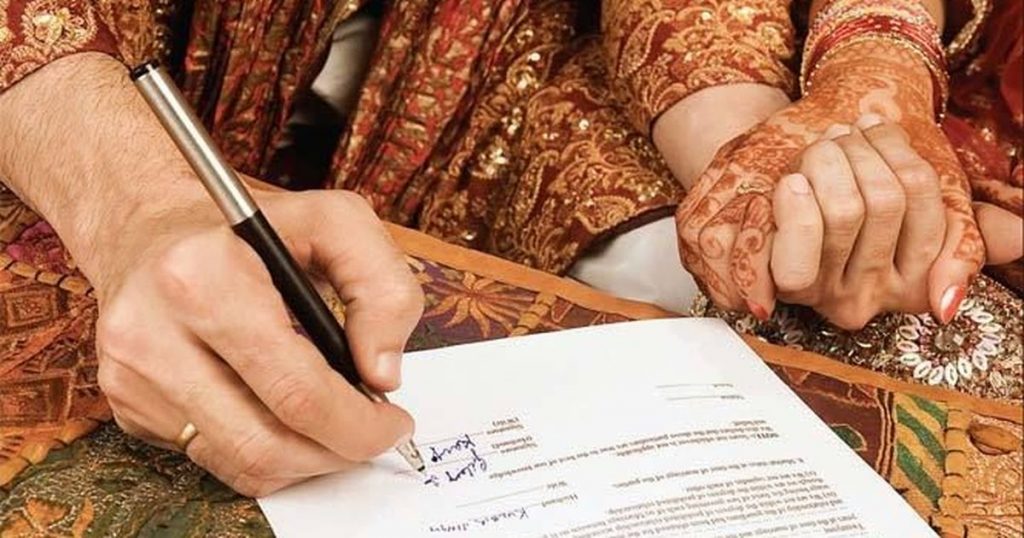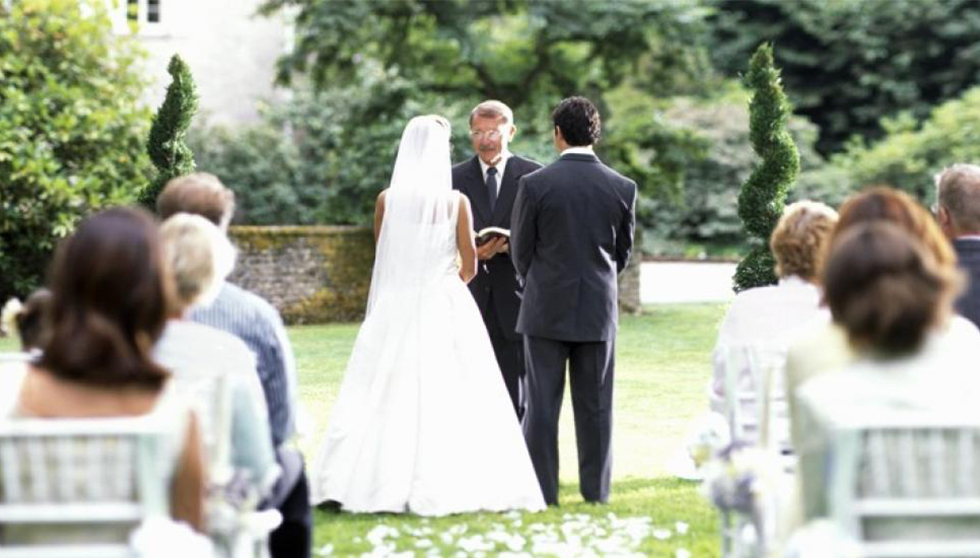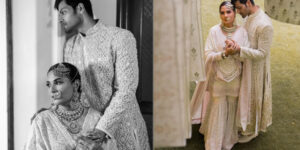More often than not, people use the terms ‘wedding’ and ‘marriage’ indistinguishably. However, there is a great difference between the two. They are not the same things to be used in the same context. As a wedding is a term which simply denotes the celebration part of the BIG DAY, such as wedding ceremony, reception, etc. Whereas, marriage stands for the relationship that any couple shares. Even the tenures of the two are different, wedding lasts a day, while a marriage is meant to last a lifetime.
There is a difference between a marriage and legal marriage as well. When a religious ceremony is performed to unite two people, is called a marriage, but it is not legal until you have proper documentation through the legal process. Whereas, the marriage which is registered at the court under Special Marriage Act is said to be a legal marriage.
A marriage in India is registered under the Special Marriage Act, 1954. Couples can either get their marriage registered before the religious ceremony or after the religious ceremony. Couples who apply for registering their marriage after performing the religious rituals, also fall under the Special Marriage Act, 1954.
The wedding is only a ceremonial part of a marriage, which typically takes place during or after a marriage is finalized, whether legal or not. More often than not, people in India prefer to host a wedding with the ritual despite going for a legal marriage. There are many things couples do to celebrate their relationship without getting legally married.
Moreover, in countries like India, where there are several different traditions, rituals that people follow depending on the cultures of their places. Every religion has its own practice, rituals, beliefs and ceremonies, accordingly couples prefer to host their weddings.
Marriage is an institution binding two people together for eternity. According to the Hindu Marriage Act, 1955, there are certain conditions that have to be complied with for a marriage in India under the Hindu marriage act:
- The two getting married must be unmarried and must not have a living spouse from their previous marriage.
- The legal age for a woman is 18 years and for a man it is 21 years in India.
- The persons getting married must be capable to give their consent to the marriage freely.
- The persons getting married must be mentally fit for getting married i.e. they must not be suffering from any mental illness or problem.
- Both the bride and groom must not be ‘sapindas’ of each other, except if it is allowed under their respective religious laws
ALSO SEE: Find the Exclusive Tips to Host The Inter-Caste Weddings Smoothly
⇒ The Special Marriage Act, 1954
- The special marriage laws are applicable to citizens of India, regardless of their religion, culture and caste. Under provisions of this Act, people from a different religion, caste or community are eligible to get married, provided conditions required to get married are met:
- Marriage registration in India is now compulsory to solemnize a marriage under this Act. One can hire a family lawyer to complete marriage registration in India.
- The age of the bride should not be less than 18 years and the age of groom must 21 years respectively
- Both of them must be mentally fit to get wed-locked in India.
- Both the bride and groom should not share common ancestors or be in blood relations. In accordance with the Act, there are 37 relations that are forbidden, in which no wedding can be performed between them.
⇒ Marriage Registration in India

Registering any marriage gives legal validity to the marriage of the couple. Also, a marriage certificate acts as legal proof of marriage that can be sued in case of any dispute between the spouses in the future. A family lawyer can be hired to apply for marriage registration in the state where the two persons reside.
- The marriage registration process in India and the time taken for marriage varies state to state. However, certain steps in marriage registration in India are common.
- The spouses need to submit their duly filled marriage registration application filed with the help of a family lawyer along with the required documents, attachments, and prescribed registration fees at the office of the Registrar of marriage. The attested copies of all the documents are submitted, while originals are required for verification.
- Couples can submit documents at the office of the Registrar of Marriage, at the place where either of the two spouses has stayed for a minimum of 6 months prior to their marriage.
- Spouses need to furnish all the relevant information about themselves along with the fact whether they were formerly married or not in the marriage registration application.
- Once the verification of documents is done, the office provides the date of issuance of the marriage certificate to the couple.
- On the scheduled date of marriage registration, the couple needs to appear before the Registrar
- The total time taken for marriage registration and the issuance of the marriage certificate in India is about 15 days.







